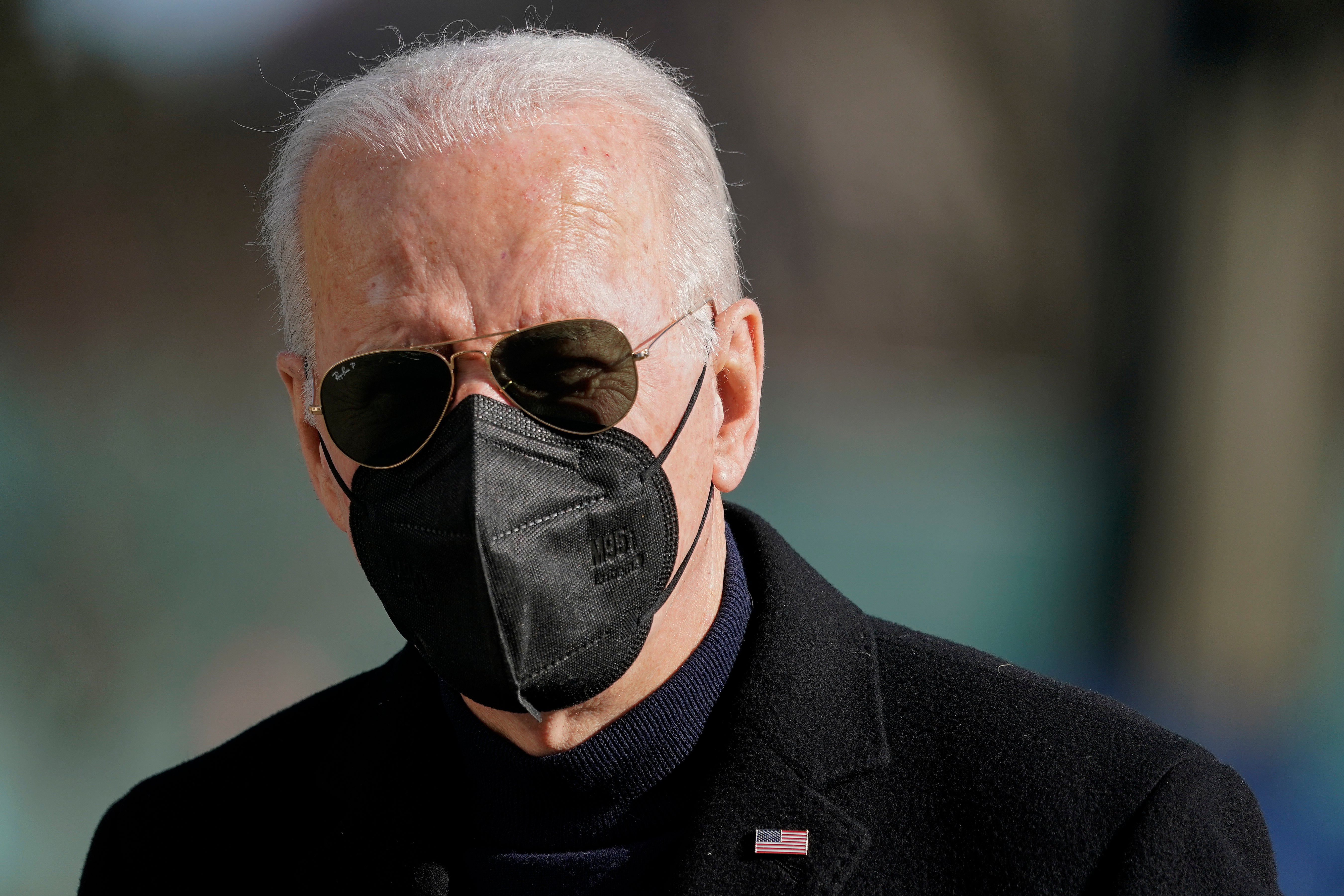Biden task force releasing report to strengthen labor unions
A Biden administration task force is issuing a set of recommendations that could make it easier for federal workers and contractors to unionize

Your support helps us to tell the story
From reproductive rights to climate change to Big Tech, The Independent is on the ground when the story is developing. Whether it's investigating the financials of Elon Musk's pro-Trump PAC or producing our latest documentary, 'The A Word', which shines a light on the American women fighting for reproductive rights, we know how important it is to parse out the facts from the messaging.
At such a critical moment in US history, we need reporters on the ground. Your donation allows us to keep sending journalists to speak to both sides of the story.
The Independent is trusted by Americans across the entire political spectrum. And unlike many other quality news outlets, we choose not to lock Americans out of our reporting and analysis with paywalls. We believe quality journalism should be available to everyone, paid for by those who can afford it.
Your support makes all the difference.A Biden administration task force on organized labor is issuing a set of recommendations that could make it easier for federal workers and contractors to unionize.
The report submitted to President Joe Biden included 70 distinct policy proposals, according to a release by the White House Biden created the task force chaired by Vice President Kamala Harris with Labor Secretary Marty Walsh as vice chair, through an executive order last April.
The report argues that a decades-long drop in union membership has coincided with a rising share of income going to the top 10% of earners. It further says that most Americans have a favorable impression of unions and would join one if given the option in a vote. Yet the Labor Department reported last month that only 10.3% of workers belonged to a union in 2021, down from 20.1% in 1983.
Many of the proposals to increase unionization are specific directions focused on the federal government as an employer. The Interior Department is among four agencies that will now let union organizers talk with employees on federal property, a rule that applies to private-sector employees on contract with the government.
The departments of Transportation and Commerce will set preferences and guidelines for federal grants to foster union jobs.
There will be a ban on federal contract dollars going to anti-union activities by the Defense, Health and Human Services and Labor departments as well as the Office of Management and Budget.
Other proposals include efforts to improve workers' awareness of their rights and to enforce existing labor laws. The task force plans to submit a follow-up report in six months to describe how agencies are implementing the policies and to issue new recommendations.